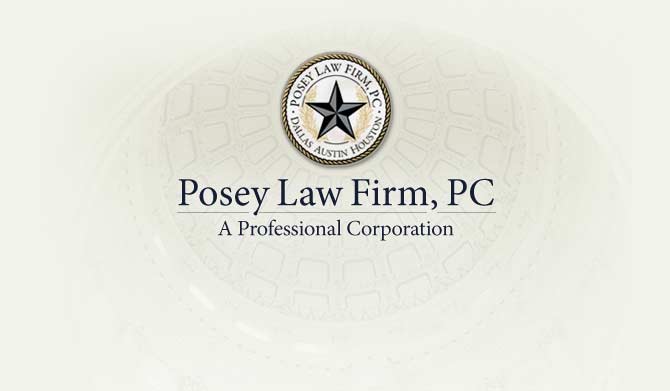Protecting intellectual property is a critical early step in establishing a new business. The process can be complex, but the ability of a business to establish a brand and grow by steps depends on having exclusive use of intellectual property.
Trademarks and Trade Dress-- the look and feel of unique product packaging--should be secured before manufacturing and marketing begins. Using the trademark logo behind a name establishes boundaries many fraudulent businesses will hesitate to breach. URLs that are name-specific also need to be secured before marketing begins.
Both URLs and intellectual property rights are country-specific. If there is any possibility of moving into an international market, or just to carefully secure your work and exclusivity, consider securing URLs and trademarks in China, India, Indonesia, and the EU.
Copyrights should be secured for creative work such as writing or a musical composition. A product-specific design can be protected by both copyright and the stronger patent if the design is part of a unique functional object. But copyrights are easy and inexpensive compared to the more unwieldy patent process, and can be secured while patent work is going forward. Copyrights are also country-specific.
Securing patents is a complex and expensive process. But patents should be secured even if no plans exist to manufacture or make a new product. Licensing use of the technology is an appropriate use of patented intellectual property. Think of your work as building a toll road, and you as the holder of the patent are the toll collector. You can license the work to others without having to build or produce a product yourself.
Patents are for work that is useful, original, and contains a surprising twist of original thinking. The work has to produce a concrete object or product, rather than just an abstract idea. For example, a mathematical formula cannot be patented, but a software program that uses formulas and is a unique and original application can be. Natural materials and processes, such as scientific principles of the natural world, or newly discovered minerals and elements are not eligible for patents. Products that are illegal by federal law cannot be patented.
Plants that have been modified to become original and useful, and compounds of naturally occurring materials that meet criteria for usefulness and originality may be available for patent protection. If you are not sure if your product or the result of your scientific research should be copyright-protected, trademarked, or patented, consult with an attorney before plans are made for development, marketing, or sale. Intellectual property is the foundation of a business, and needs to be carefully protected.
For help with your business needs and other general counsel services in Texas, call Jake Posey or an attorney at The Posey Law Firm, PC at 1-888-269-1962 or locally at 512-646-0828.


